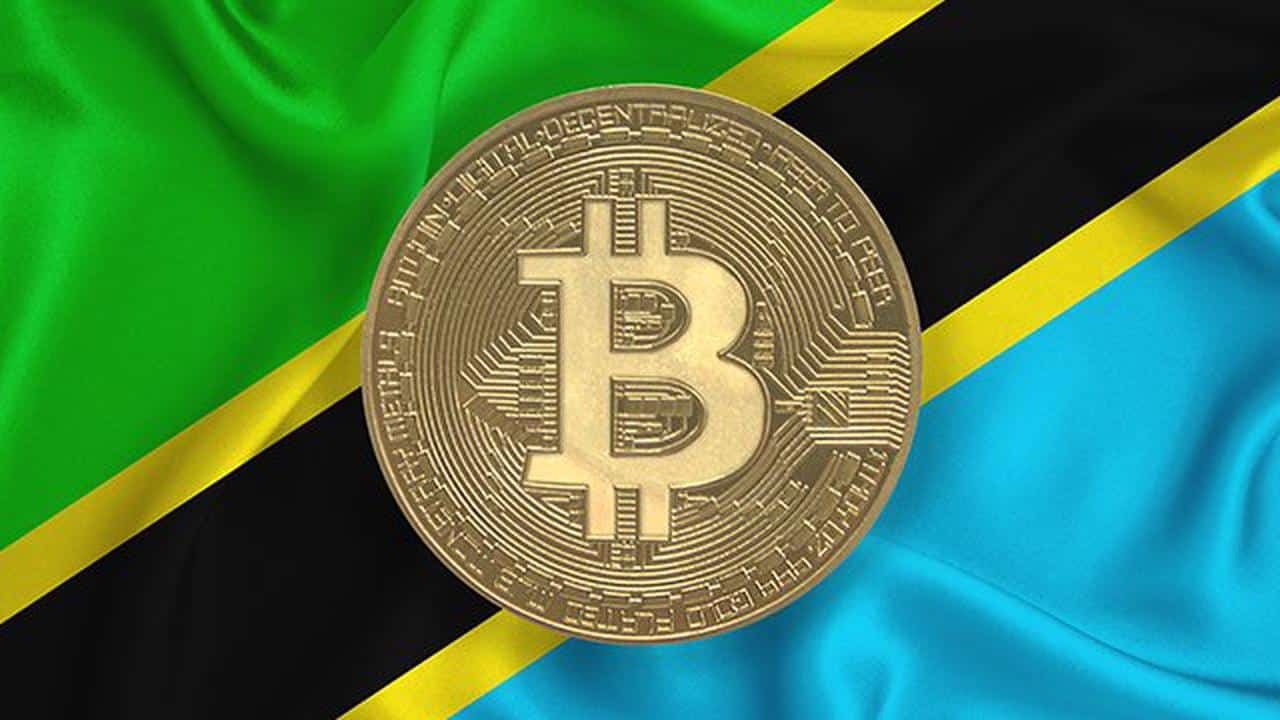Tanzania’s Central Bank has announced plans to roll out its digital currency, following in the footsteps of Nigeria and a global wave of adoption of cryptocurrencies.
In preparation for this major step, the Bank of Tanzania is currently strengthening the knowledge and capacity of its officers on digital currencies.
“To ensure that our country is not left behind the adoption of central bank digital currencies, the Bank of Tanzania has already begun preparations to have its own CBDC,” the Governor, Prof. Florens Luoga, said.
Digital currencies are not a new phenomenon. They are becoming increasingly popular as a response to the global rise of digital payment solutions. The rise of cryptocurrency and its relative success so far has also influenced central banks to launch their own form of digital currencies.
Central Bank Digital Currencies, commonly referred to by their acronym CBDC, come in two varieties: wholesale and retail. This classification is based on the intended user.
Retail CBDC allows the Central Bank and citizens to have a direct financial relationship, while wholesale CBDC lets banks and financial institutions act as intermediaries between the Central Bank and the citizens.
Luoga also revealed the bank is researching on cryptocurrencies and will issue regulations once the process is completed. An approval could signal a dramatic turnaround from two years ago when officials warned the public on trading in cryptos.
“As far as we know, cryptocurrencies are not safe. We cannot give timelines when to issue regulations, we are still researching – we will give regulations when we have finished our research.” – Prof. Florens Luoga, Governor, Bank of Tanzania.
Since taking over the reins of power after the death of her predecessor John Magufuli, President Samia Suluhu has taken drastic steps to open the country’s economy. In June, she told financial chiefs to prepare for cryptocurrency saying the age of crypto and blockchain was dawning and time had come for the country to embrace it.
“I know that throughout the nation, including Tanzania, they have not accepted or started using these routes. However, my call to the Central Bank is that you should start working on that development. The Central Bank should be ready for the changes and not be caught unprepared,” she was quoted by the local media in June.
Should Tanzania proceed with this plan, it will become the second country in Africa – after Nigeria – to have its digital currency. Africa’s largest economy launched the eNaira in October to much fanfare. Other countries such as South Africa (digital rand), Tunisia (eDinar) and Ghana (e-cedi) are racing to develop their own versions of digital currencies.
Sweden (e-krona), Bahamas (sand dollar), Eastern Caribbean (DCash) have also launched theirs.

